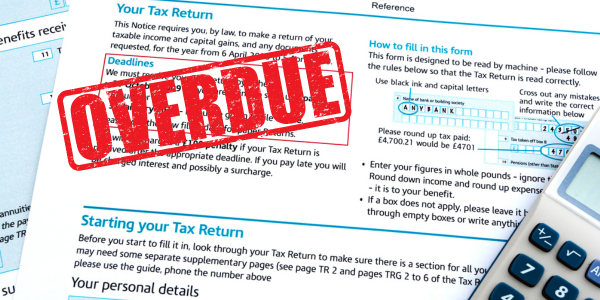Probate applications – new fees proposed
Applying for probate is one of the initial steps we take on behalf of executors when dealing with the administration of an estate.
If you are applying for probate through an accountant or solicitor, the government charges a one-off fee of £155 for a court order giving executors the legal authority to manage someone’s estate. If applying for probate yourself, as executor, the fee is £215.
The government’s original plans to change this fixed fee structure caused an outcry when they were unveiled last year, with criticism that the proposed sliding scale of fees represented a ‘death tax’ on high-value estates. This month an amended set of proposals has been announced, and although the rates set are lower than those outlined in last year’s announcement, this will still represent a significant increase for a lot of estates. The headline measures are:
- Estates valued at £50,000 or less will not have to pay any probate fees (compared with the current threshold of £5,000)
- Estates worth over £50,000 will have to pay probate fees according to a sliding scale, up to a maximum fee of £6,000 for estates worth over £2 million

Concern has been expressed that bereaved families who do not have sufficient cash assets to pay fees up front may be forced to take out loans to cover a probate application bill that could run into thousands of pounds.
In a written statement to Parliament, however, Justice Minister Lucy Frazer said: “This new banded fee model represents a fair and more progressive way to pay for probate services compared to the current flat fee and reflects our commitment to protecting access to justice by ensuring we have a properly funded and resourced courts system.
“We are also confident these fees will never be unaffordable. The cost of the fee is recoverable from the estate and executors have several options to fund it. Moreover, the Lord Chancellor retains a power to remit a fee if he considers there are exceptional circumstances.”
What does probate involve?
Probate is a catch-all term for the administrative process that must be followed after someone’s death. The executor (whether a family member or an appointed professional such as an accountant or solicitor) must initially apply for a ‘grant of probate’, or ‘letters of administration’ if there is no will.
Once this is received, the executor or next of kin will need to get a ‘grant of representation’ – the court order that incurs probate fees.
As outlined above, the proposed new sliding scale will benefit families where estates are below £50,000, as application for the grant of representation will be entirely fee-free. Above this level, however, the following fees will apply:
- Estates valued between £50,000 and £300,000 – £250 fee
- Estates valued between £300,000 and £500,000 – £750 fee
- Estates valued between £500,000 and £1 million – £2,500 fee
- Estates valued between £1 million and £1.6 million – £4,000 fee
- Estates valued between £1.6 million and £2 million – £5,000 fee
- Estates valued over £2 million – £6,000 fee
The new fee structure is expected to come into effect from April 2019 in England and Wales.
Concerns about inheritance tax or probate fees?
We understand how challenging it can be to manage administrative affairs in the difficult weeks after a bereavement. Here at Perrys, we can work on your behalf to help ensure the process is as simple and swift as possible. We will advise you from the outset on any costs involved, offering a fixed fee for our services so that you will not suffer any unwelcome surprises.
We can also advise on inheritance tax which may be liable on estates valued at over £325,000, or higher for estates that qualify for the additional nil rate band.
Please do get in touch with Perrys to chat to one of our friendly experts. We have seven branches across central London and Kent, and many years’ experience dealing with probate and IHT matters.







